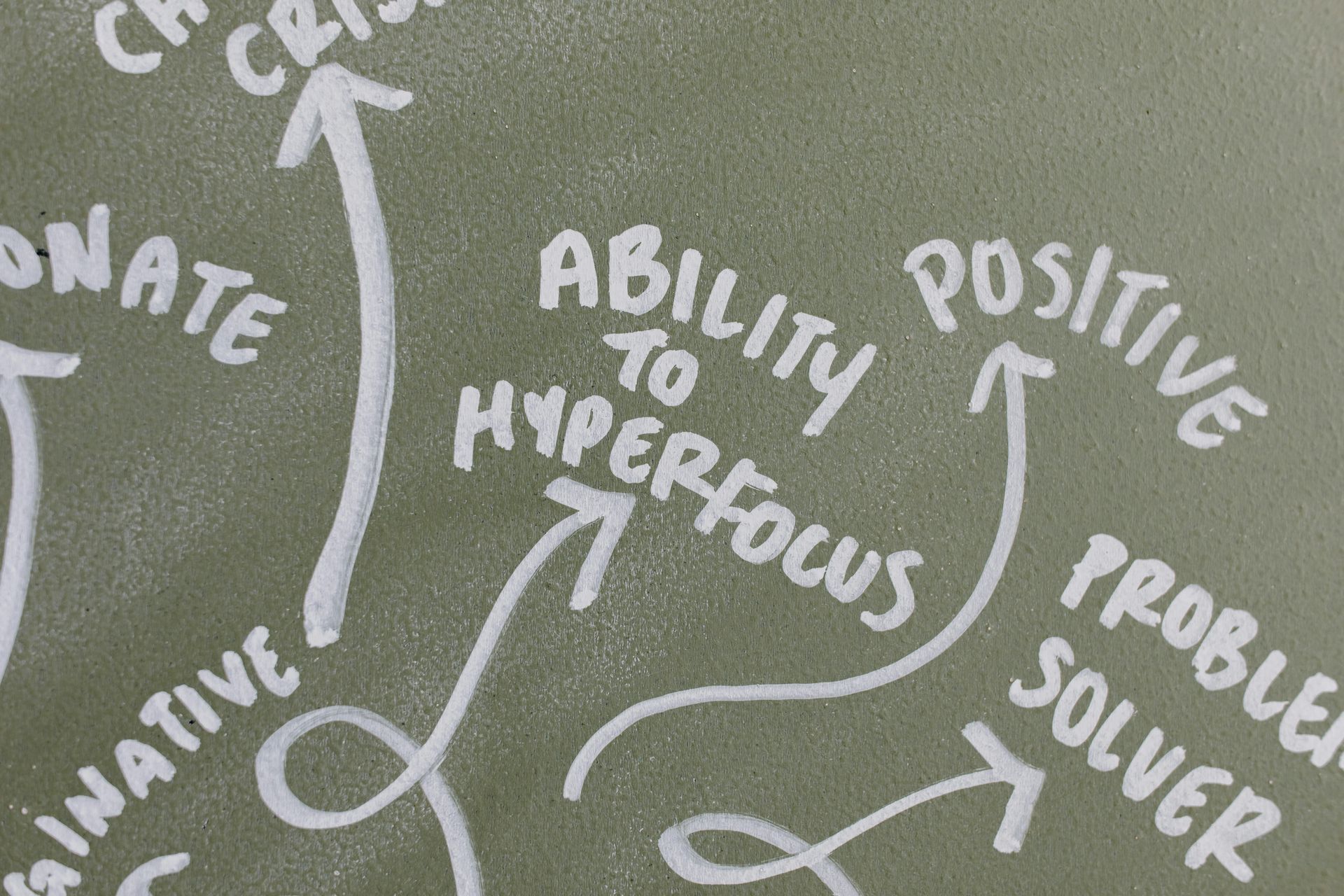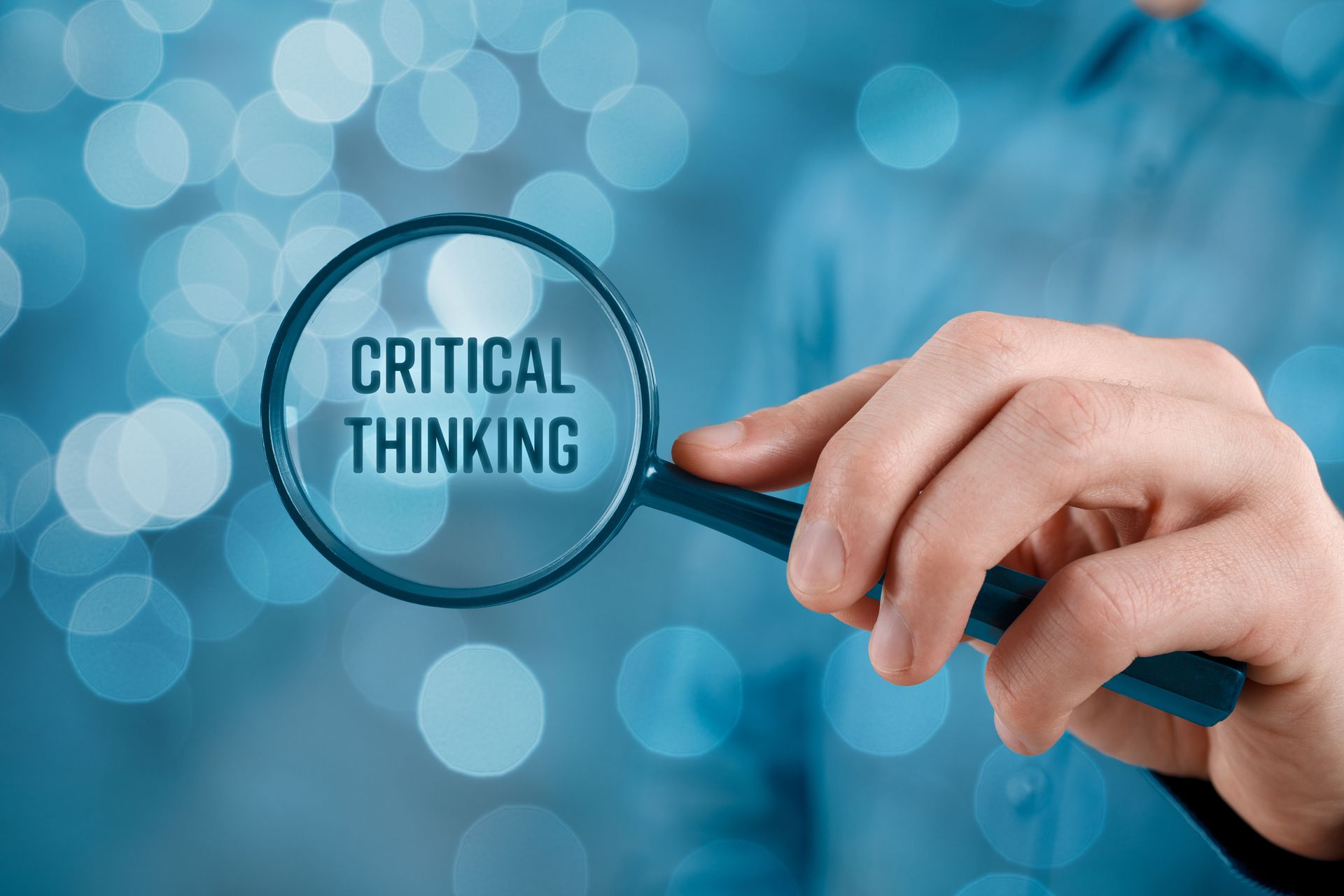How to make quality decisions quickly and with high resulting trust
The best decisions are those that are based on systems thinking and triangulation of all perspectives on the problem to be solved. Traditional approaches to obtaining data rely on surveys or convening meetings of people. Such a lag is incompatible with rapid decision making. Even if you obtain data using traditional approaches, the mechanism for reaching consensus is rarely smooth.
The modern world has evolved and become more complex. The decision-making process must also evolve. A new era of quality decision making can be shaped by these new-age ideas:
- Empower real-time availability of data points; These can be obtained from democratised, contextual and measurable Live Pulse feedback loops
- Develop hypotheses, solution options or stress test perspectives based on a data lake of contextual experience; These hypotheses or variations can be easily derived from always-on benchmarks; Alternatively, you can ask the AI assistant to suggest what underlying problems might be hidden in the data - Live Pulse feedback data is a genuine source, and the likelihood of AI hallucinations are limited
- Make quick decisions by choosing one of the given options using your critical thinking skills. Quick decision making is possible thanks to the “Ask for forgiveness later” principle; This mentality is acceptable because the chosen hypothesis has been proven to be associated with democratized and contextual data
What do you have to lose? Traditional consensus-making process is frequently arduous, leading to decisions that are often authoritative rather than collaborative. Such decisions might work well in some cases, but they are increasingly inadequate in our complex, fast-paced world.
Systems thinking involves looking at the problem holistically. This approach recognizes that problems do not exist in isolation but are part of larger, interconnected systems. At the same time, employee engagement is meant to be about collective intelligence as representation of an interconnected system.
The main hypothesis of this article is that quality decisions have a direct and very strong correlation with employee engagement. If you stop at measuring employee perceptions of the organization's stated strategy, values, or the “net promoter score”, then you may not be doing enough to strategically improve the effectiveness of the organization itself.
A winning strategy is to create a flow system that ensures leaders always have contextual and measurable data. Real-time engagement is the most powerful approach for enabling such flow:
- Imagine employees being able to "push" their experience, observations and suggestions without having to run expensive and lagging surveys (up to 50% of respondents to surveys do not tell full truth anyways)
- Imagine having partners participating in the same feedback loop
- Imagine having feedback from client in the same data lake that improves decision-making
There are other important benefits associated with the real-time experience sharing:
- The perspectives of experienced employees can be presented virtually in management decision-making forums; This capability can be achieved at scale and important data points are not going to be suppressed by organisational structures or tribal politics
- Junior employees will mature quicker by learning from collective critical thinking
- Employee engagement as a process, not just the validation measure via benchmarks, will become more vibrant
Neelix platform empowers organisations to make better decisions quicker, whilst improving employee engagement at the same time. Experience new levels of trust and organizational maturity!



